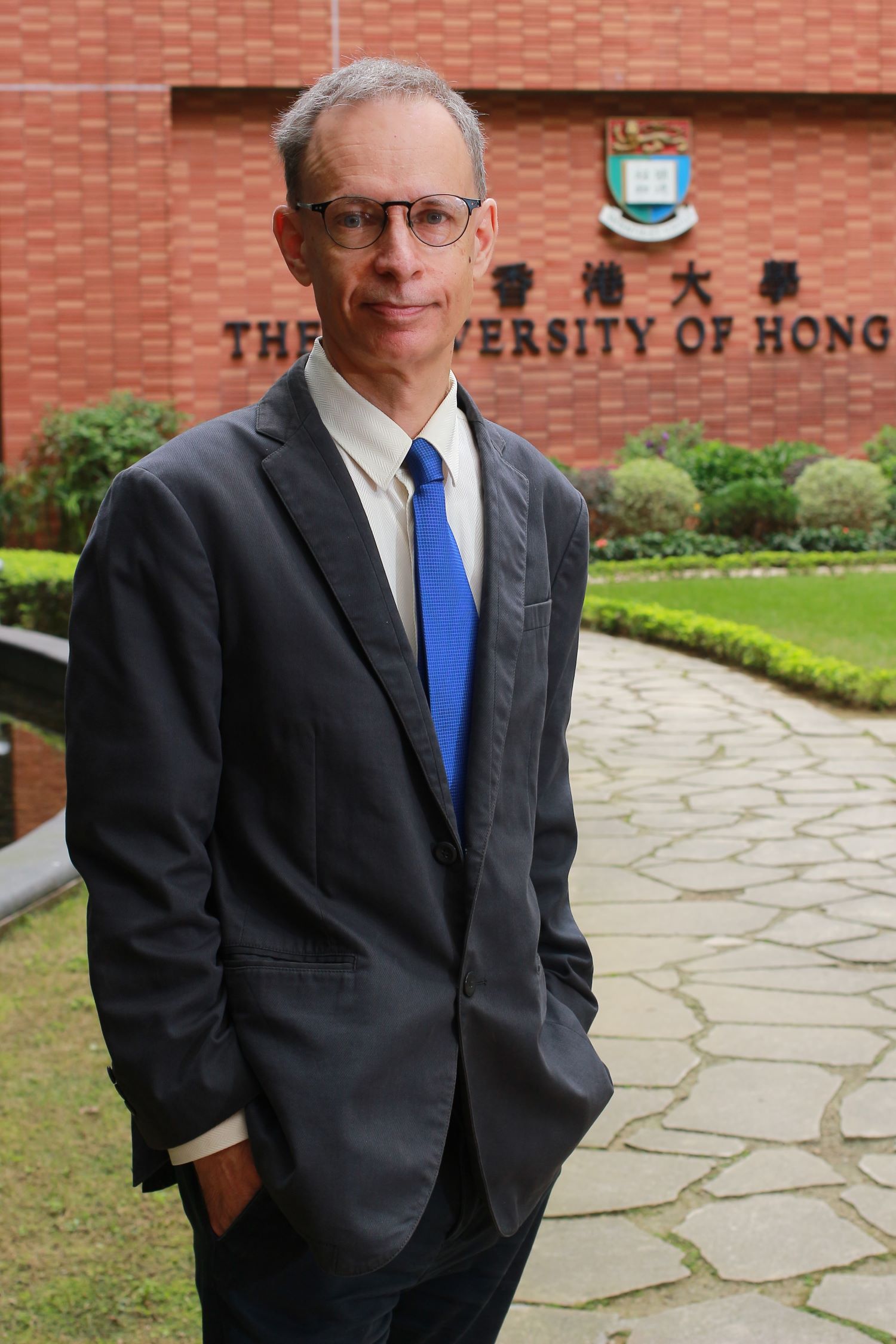
The Diversifying Assessment Forum
The Diversifying Assessment Forum is an annual event which provides a venue for all staff involved or interested in assessment to explore processes and opportunities for changing, refining or adapting current assessment practices.
Recordings and slides from all previous fora are available on the Resources page (Raven access required).
2025 Forum
Date: Thursday 26 June
Time: 10.00-13.00
Venue: Student Services Centre
Focus on Feedback
This year's forum had an overarching theme of 'Focus on Feedback'. Speakers and panellists discussed a variety of approaches to feedback and/or evaluation, of both formative and summative assessment tasks.
 We were delighted to welcome Prof. David Carless, Professor of Educational Assessment at the University of Hong Kong, as our keynote speaker. David is one of the pioneers of feedback literacy research. His books include Designing effective feedback processes in higher education: A learning-focused approach, by Winstone and Carless, 2019. He was the winner of a University Outstanding Teaching Award in 2016. David discussed:
We were delighted to welcome Prof. David Carless, Professor of Educational Assessment at the University of Hong Kong, as our keynote speaker. David is one of the pioneers of feedback literacy research. His books include Designing effective feedback processes in higher education: A learning-focused approach, by Winstone and Carless, 2019. He was the winner of a University Outstanding Teaching Award in 2016. David discussed:
The art of providing and receiving feedback: Implications for Cambridge supervisions and beyond
"Feedback processes are complicated. Feedback providers worry about the emotional impacts on receivers. Feedback receivers don't always appreciate being critiqued. Not least because the most important source of feedback usually comes from the self: our own self-assessment of strengths, limitations and goals we are motivated to pursue. If handled skillfully, feedback processes of different forms (teacher, student, self, genAI) offer catalysts for growth. Feedback literacy involves making the most of these varied feedback opportunities. Students and teacher need feedback literacy to involve themselves purposefully in feedback exchanges. Scholars also need academic feedback literacy to enhance research, teaching and leadership contributions. This presentation offers practical advice and conceptual thinking on the art and science of effective feedback processes. Practical applications of feedback literacy concepts include Cambridge supervisions, doctoral education and lifelong learning."
- Keynote recording (Cambridge access required)
- Slides from all of our speakers are available on the Resources page
Diversified Assessment
Following the Examination Review Final Report (2017), the University has been strongly encouraging "creative and innovative modes of assessment as appropriate to the subject being examined".
Diversified assessment moves away from a reliance on exam-based assessment, and instead focuses on summative assessment practices that ask students to engage in discipline-specific or authentic 'real-world' tasks to demonstrate their learning and the development of skills relevant to their discipline and future work. They also provide staff an opportunity for innovation in the design and development of assessment tasks that align with intended learning outcomes.
There is considerable evidence in the sector that high-stakes summative exams disadvantage some students who do not perform to their best ability under these conditions. High-stakes timed assessment settings create a pressured environment, while the learning outcomes of University programmes do not generally require students to demonstrate knowledge or skills under intense pressure.
Diversified assessment thus gives us more variety and choice in how we ask or allow students to demonstrate that they have met their learning outcomes.
Please get in touch with Dr Ruth Walker if you have any questions about the events on this page.
